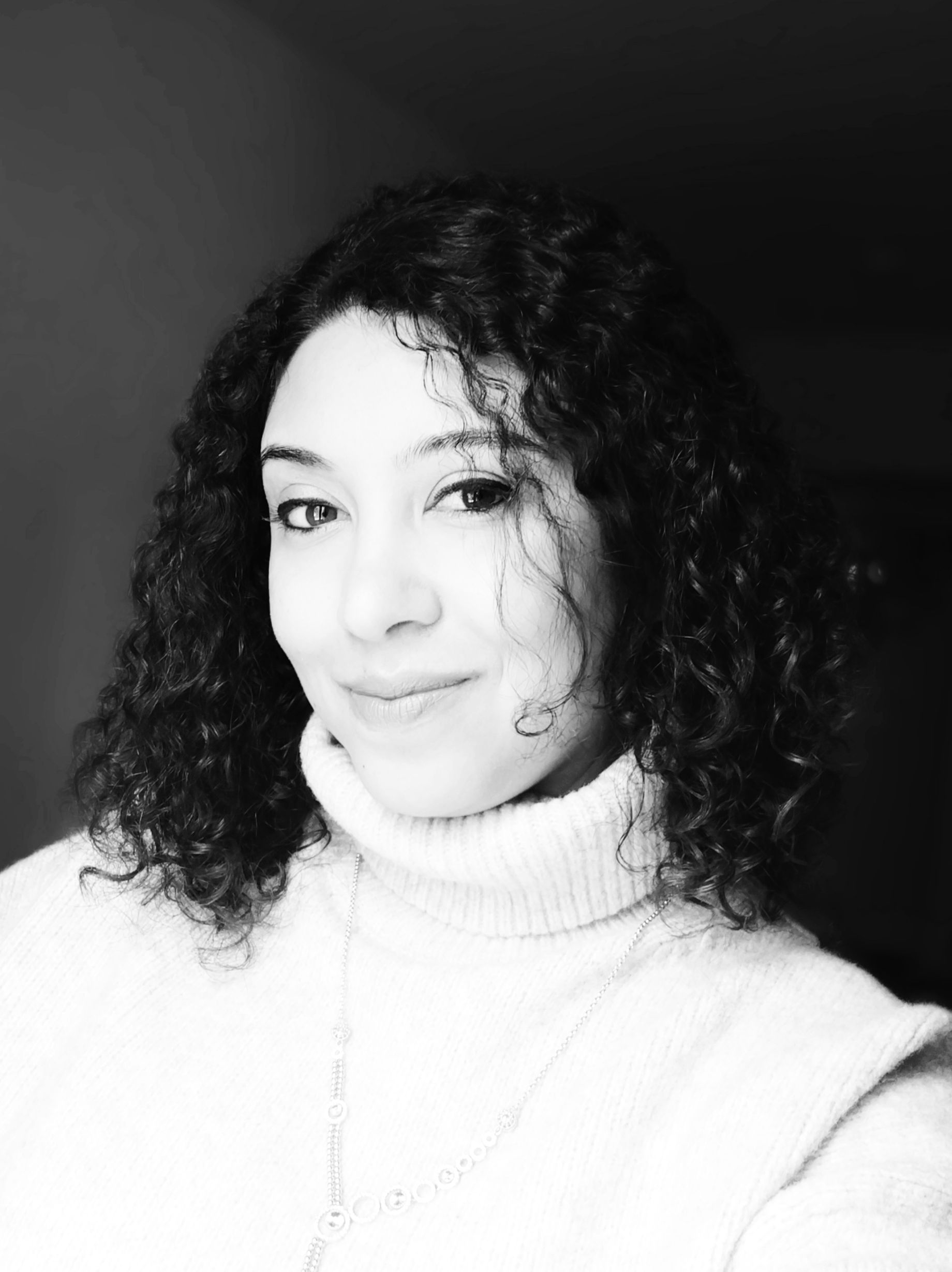2022/2023
Discourse of Public Morals in Egypt 1880-1945: Modernization, Social Rebellion, and Licentiousness (khala‘a)
Al-Khala‘a, translated as licentiousness or obscenity practiced by women, calls for a critical interrogation as a problematic concept that obscures violence and, at the same time, involves rebellion and desire. Contemporary Egyptians whose knowledge of history is based on school education and mainstream historiography are often unaware of the rather licentious heritage of Egyptian and Arabic culture and arts. The conservative moral codes of moderate and decent behaviour that today are widely taken for granted, are a modernist accomplishment that was produced and formulated under the conditions of colonial modernity in Egypt during the nineteenth and twentieth centuries. In the proposed research project, I ask how this selective appropriation of Islamic and other ethical traditions as well as European ideas and practices was accomplished. The main research question of my project is how these ideas of public morals and religious, national or Oriental traditions were formulated in early 20th century Egypt, and what kind of ethical theories they were based on. I specifically inquire how the idea of morals and traditions was formulated 1) through a selective appropriation of Aristotelian ethics and 2) in a polemical encounter with popular arts that were labelled as licentious.
Licentiousness (khala‘a) and the Modernizing of Egypt
Al-Khala‘a, translated as licentiousness or obscenity practiced by women, calls for a critical interrogation as a problematic concept that obscures violence and at the same time involves rebellion and desire. It is, therefore, necessary to understand the historical legacies that have shaped the concept in its strongly normative (pejorative) use in public discourse, daily conduct, and religious and political power today.
The noun khala’a and the adjective khali‘ are derived from the Arabic verb khala‘ which means taking away, letting go, undressing, releasing. In modern use, khala‘a and khali‘ carry a variety of connotations, the foremost of which is the call to debauchery and sex trade. My research project focuses on practices of licentiousness (khala‘a), starting from the assumption that it is a concept and a practice open to many interpretations, including defensive ploys and rebellion against patriarchal structures, whether social, religious, or political. It examines whether these practices can be understood as anti-bourgeois modernization, a space that enhances the possibilities for solidarity among people of different class, gender and religion.


